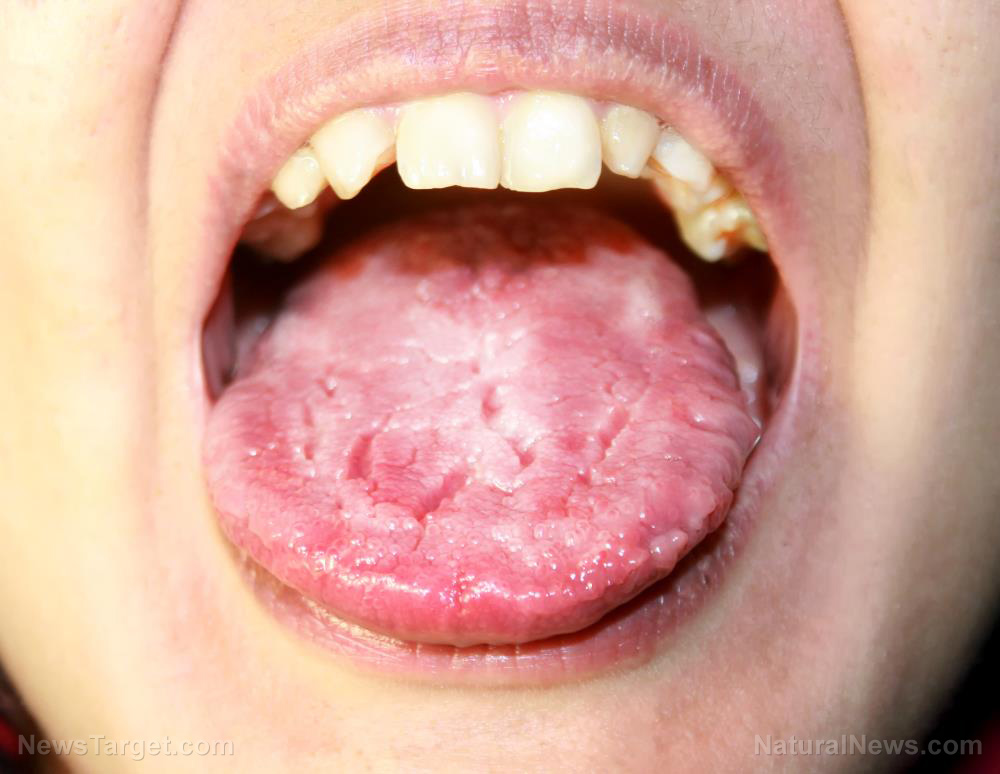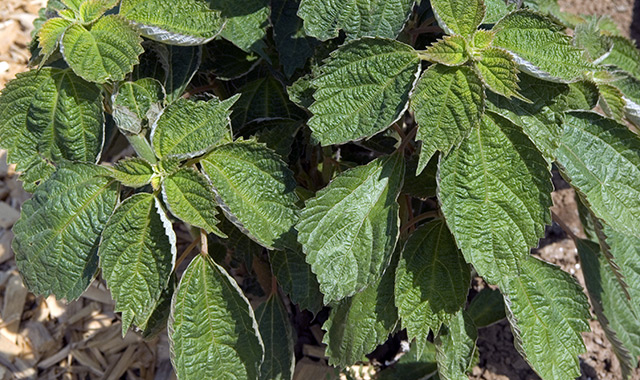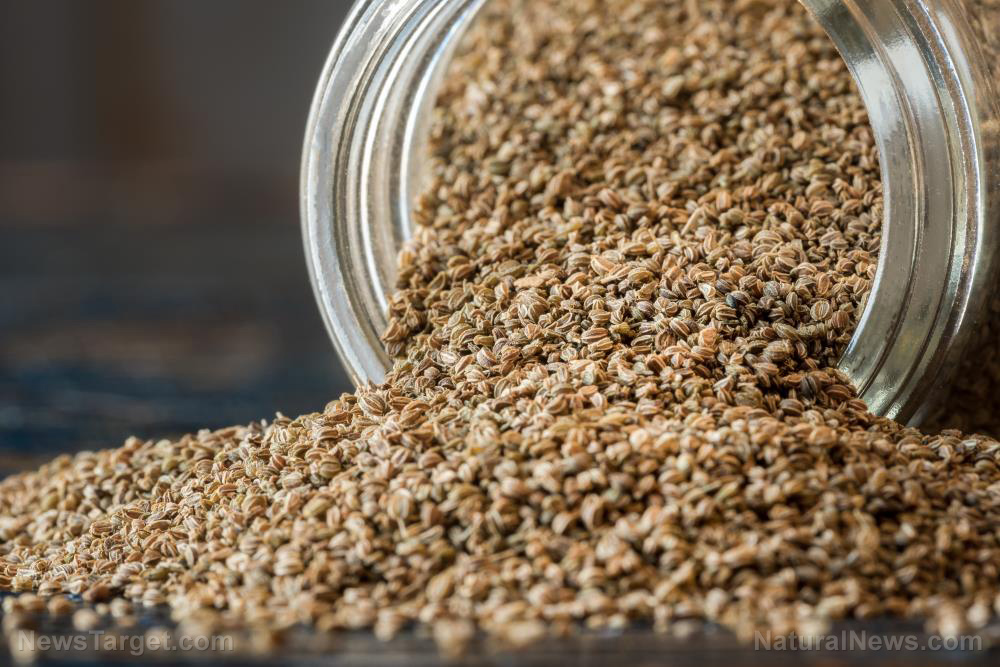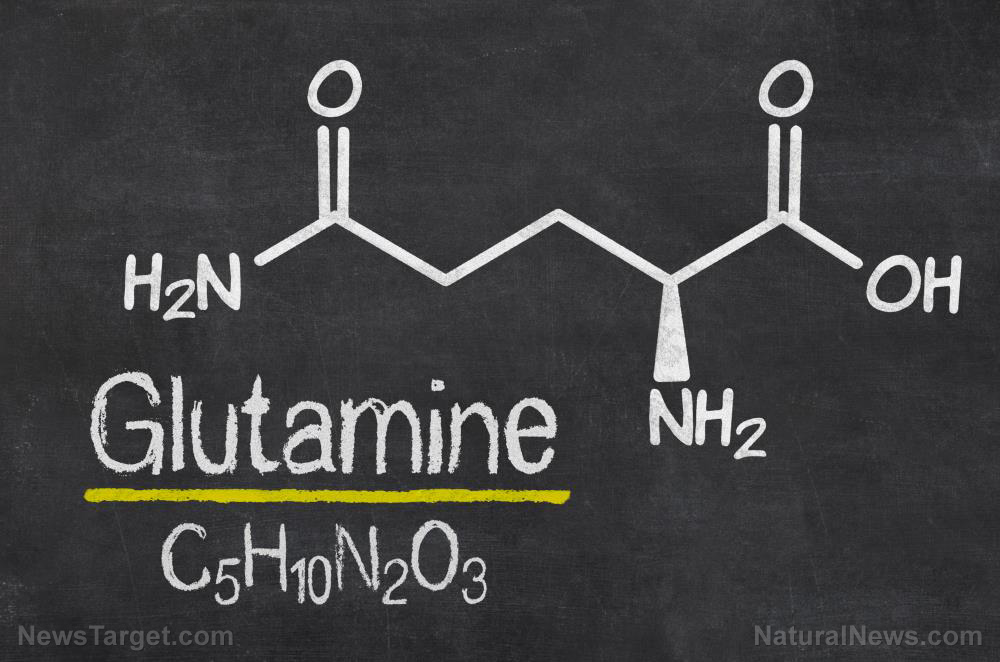Supplementing with vitamin C protects you from lead toxicity
11/27/2018 / By Isabelle Z.

Other toxins might be deadlier, but lead remains hugely concerning to many people given its prevalence in our surroundings and the fact that no amount of it is safe for humans. Despite being banned for more than two decades, people are still coming into contact with it regularly in older products and buildings. It was once used in paint, building components and gasoline, and people can still be exposed through dust, contaminated soil, and deteriorating paint.
Another source of lead contamination that is particularly troubling is the water supply. This was recently demonstrated by the water crisis in Flint, Michigan, where cost-cutting measures saw drinking water tainted with lead poisoning residents in the area and killing 12 people.
If you’re worried about exposure, it’s easy to feel like you have no control over the situation. It was commonly used to color and stabilize paint prior to 1978, so if you’re in an older building, you’re at particular risk. Without actually testing your water, your home, your school, or your office, you can’t know for sure if it’s there, and it’s pretty hard to get rid of once it’s in your body and the symptoms start appearing. Thankfully, nature has given us a very helpful tool in the form of vitamin C.
That’s right – the same vitamin that is so good at boosting the immune system and staving off the common cold has been shown in studies to reduce toxic lead levels in the blood. According to a study published in the Journal of the American Medical Association, there was a direct correlation between high vitamin C levels and lower levels of lead in the blood.
Their findings were based on the data of 19,000 people from age six up through adults. Remarkably, they discovered that children who were in the top third in terms of vitamin C blood levels noted an 89 percent lower incidence of lead toxicity. In adults, a high vitamin C intake was associated with reductions in blood lead levels of as much as 68 percent. This knowledge is extremely useful, especially when you consider that more than a million Americans are believed to have elevated levels of lead in their blood.
The findings were supported by a different study carried out at the University of Texas Medical Branch at Galveston, which revealed that taking 1000 milligrams of vitamin C supplements reduced the blood lead levels in heavy smokers.
Your body needs vitamin C
Unfortunately, your body cannot produce vitamin C by itself, so you’ll need to ensure you’re getting enough of it through foods that are rich in vitamin C and supplements if necessary.
Experts say that as much as 1,000 milligrams per day are needed to gain health benefits. Compare this to the current recommended daily allowance, which sits at just 60 milligrams, or the amount found in one orange.
You can find vitamin C in foods like kiwis, bell peppers, citrus fruits, leafy greens, and cruciferous vegetables. Experts recommend that people eat more vitamin-rich fruits and vegetables every day as humans are one of just a few mammals that can’t produce their own vitamin C and must get it from dietary sources.
It’s a good idea to up your intake if you think you may be exposed to lead. Symptoms of acute lead poisoning can include appetite loss, anemia, headaches, neuropathy, kidney disease and memory loss in adults. In children, the signs include nervous system disorders, anemia and abdominal pain in acute lead poisoning. However, there are often no symptoms of sub-acute lead poisoning, even though it can cause behavioral problems, mental retardation, cognitive function loss and language deficits.
Sources for this article include:
Tagged Under: acute lead poisoning, anemia, detox, food cures, Lead, lead poisoning, natural remedies, nutrients, prevention, supplements, toxins, vitamin C




















